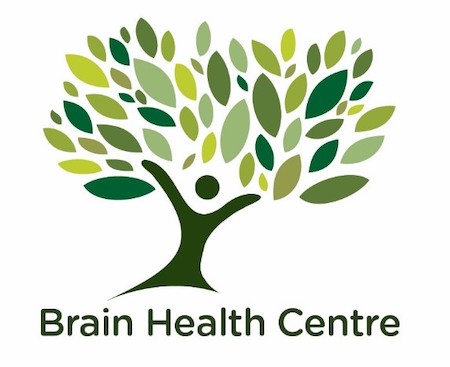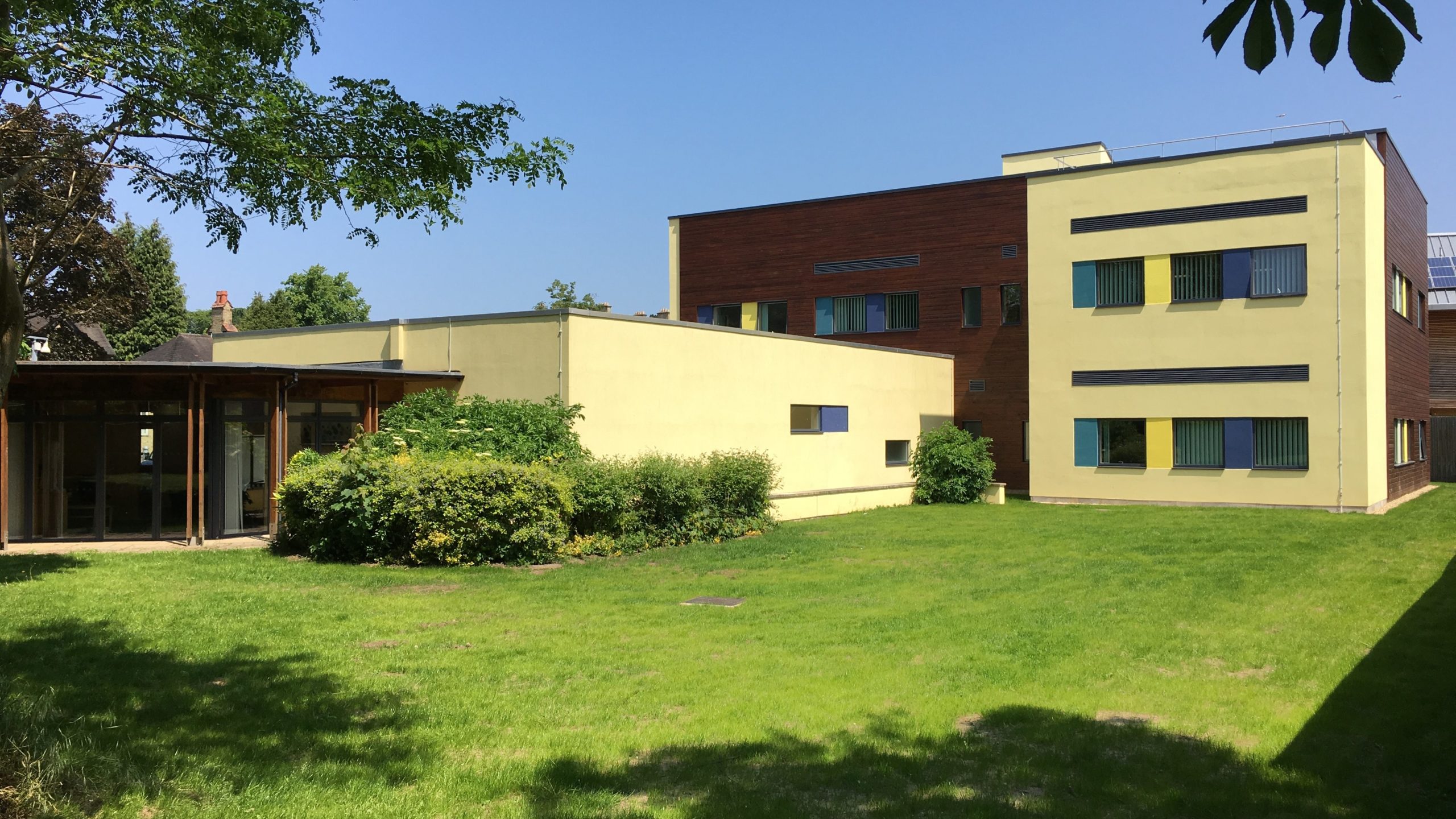
More than three months since launching, the Oxford Brain Health Centre (BHC) is going from strength to strength in spite of the challenges presented by opening and operating during the pandemic.

At its launch in August the BHC had already overcome seemingly insurmountable obstacles to get up and running at a time when much non-covid research had been paused due to the pandemic.
Thanks to its dual clinical and research function, along with the remarkable efforts of its staff, the Centre has subsequently been able to continue its essential public health research without interruption during the second lockdown. Given how hard services for people living with dementia have been hit by COVID-19, this is a real achievement and a lifeline for patients who continue to be able to access the Centre for assessment at this time.
Since its opening 30 patients have been seen at the Centre and impressively all but one of those attending have agreed to take part in research, whether by joining the research database or completing additional assessments during their visit. This massively exceeds the 10% participation goal set by the Prime Minister in his 2020 dementia challenge. The Centre has achieved high levels of patient attendance, and feedback has been overwhelmingly positive, with attendees remarking on how staff made them feel at ease, that the experience was ‘much better than expected’ and saying that their appointment was ‘really helpful and good for self-confidence’.

Of course the Centre has also faced a range of challenges over recent months. Staff have had to adapt their plans to incorporate new infection control measures and risk assessments, as well as working to put in place systems for providing remote training. COVID restrictions have meant that the clinic can see fewer patients per day than anticipated, with reduced staffing levels in place and only one patient able to attend the clinic at a time.
However, in spite of these difficulties the researchers behind the new Centre are feeling positive about the impact the BHC is having on research. Dr Vanessa Raymont one of the Brain Health Centre’s senior investigators says:
It is encouraging that this novel and ground-breaking service development is providing information that is already improving clinical diagnoses and management. As we aim to continue and expand this pilot, we hope for yet more positive outcomes for patients.
Professor Clare Mackay who directs the centre adds:
The early signs of the success of the Brain Health Centre are extremely promising and I would like to pay tribute to our staff for creating such a positive experience for patients in difficult circumstances.
Due to the challenges faced by memory clinics during the pandemic, the Brain Health Centre has begun its expansion earlier than planned in order to support the service. The Centre has already been able to help clinics quickly tackle the backlog of referrals that had built up early in lockdown and is making a noticeable positive impact on the clinical service. Formal evaluation of this impact is ongoing and will provide the basis for the Centre’s continued expansion in the future.

